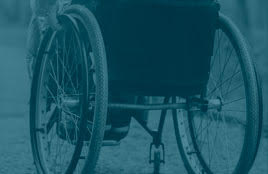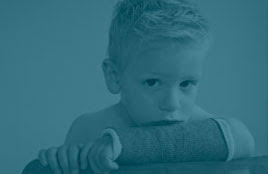All nurses are heroes in their own right, providing vital care to patients in hospitals fraught in recent years by fervent understaffing and budget cuts. But those nurses that have served during wartime efforts, among the ranks of the army and navy, should be particularly lauded for their dedication to both patients and staff during these chaotic, and often deprived, times.
One such example was Mildred Dalton, who passed away this March. Mrs. (Dalton) Manning was the last surviving ‘angel’ of the “Angels of Bataan and Corregidor”. These were army and navy nurses during World War II who, when the Japanese were overrunning the Philippines in early 1942, treated wounded, dying and disease-ridden soldiers under heavy enemy fire in one of the darkest chapters of American military history.
A total of 66 army nurses were taken into captivity by the Japanese after the Americans’ final outpost—on the island of Corregidor—fell in May 1942. They spent most of the war under guard at Japan’s Santo Tomas internment camp for foreign nationals in Manila, where they faced near-starvation and were ravaged by disease and malnutrition while treating nearly 4,000 men, women and children.
Mrs. Manning—Lt. Mildred Dalton during the war—and her fellow nurses subsisted on one or two bowls of rice a day in the last stages of their imprisonment. She lost all her teeth due to poor nutrition. These army nurses received Bronze Stars and a message of gratitude from President Franklin D. Roosevelt.
Nurses who have served in the military have created and advanced the profession of nursing to where it is today. Case in point, Florence Nightingale began her practice on the battlefield during the Crimean War, calling attention to the filthy conditions under which the soldiers were cared for. The healthcare system today could benefit from a few more of these nurse heroes.
As a former nurse myself, I’ve had the privilege of being taught and mentored by nurses who were veterans of the Korean War and Vietnam War. They had a no nonsense, ‘grab hold and do it’ attitude about patient care that was strong, practical and compassionate.
Now, in my career as a lawyer, I aim to provide the same compassionate care to clients who have been injured through no fault of their own. As Ms. Nightingale once said, “The very first requirement in a hospital is that it should do the sick no harm.” She was right—and, like her nursing peers, kept patient safety at the forefront hospital care.






